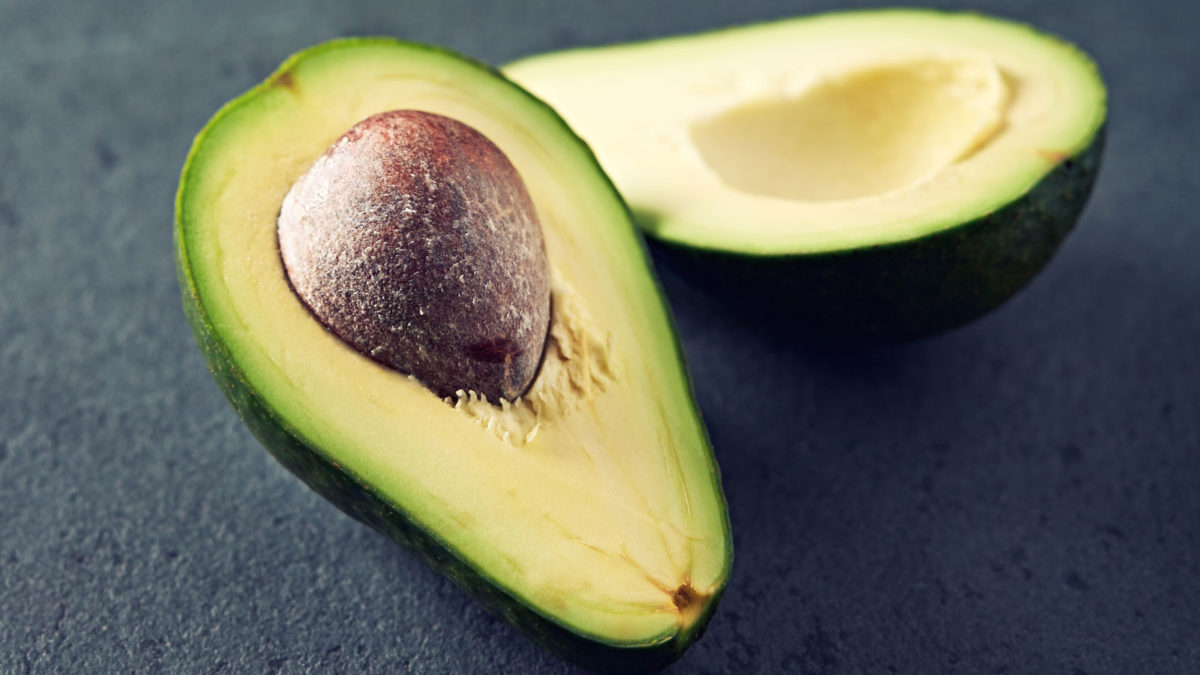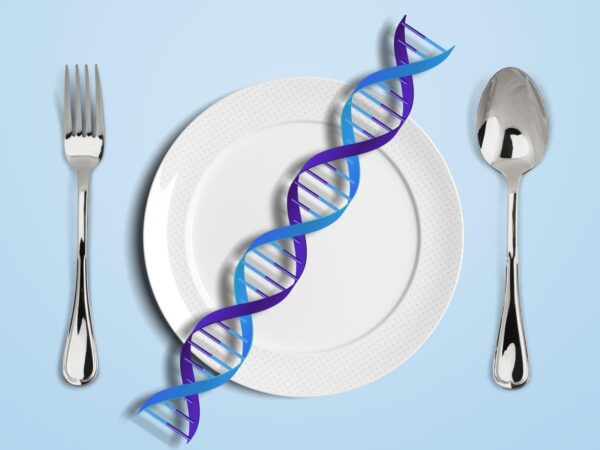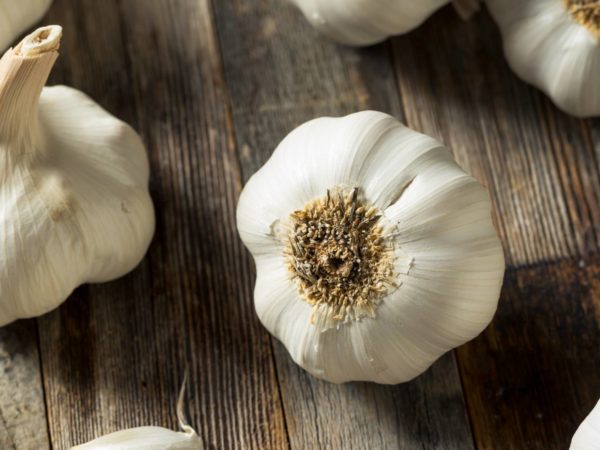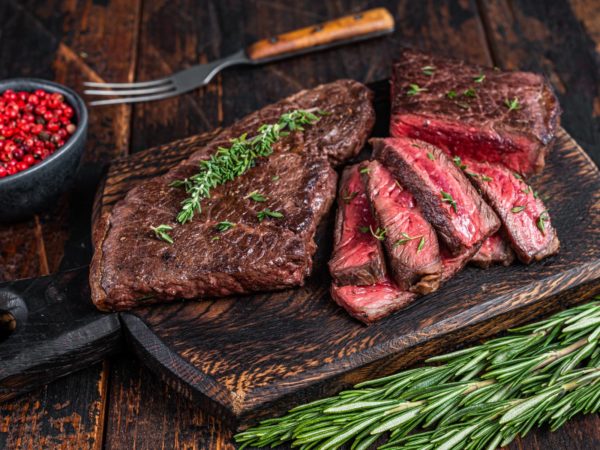The Fatty Fruit You Need to Get Lean (and Stay Young!)
Did you know that there is a delicious fruit that can help you lose weight, reduce inflammation, fight cancer, protect against heart disease, slow aging and even absorb more nutrients from your food?
It might sound like I’m describing a newly discovered rare superfruit from the jungle – the kind you see in over-the-top ads for nutritional supplements. It turns out this food is actually quite common. In fact, you’ve probably eaten it recently.
And that’s a good thing… because the health benefits of this common fruit are remarkably uncommon!
If you haven’t already guessed, I’m talking about the avocado!
Want to Shed Fat? Add Avocado to Your Lunch
Unfortunately avocados got caught up in the low-fat craze of the 70s and 80s. Many Americans shunned it due to its reputation for being laden with fat and calories. But we know that’s a good thing, because avocados are rich in monounsaturated fats – one of the healthiest fats of all.
In fact, research is proving that these certified superfruits can be a dieter’s best friend!
A recent study, published in the Nutrition Journal, showed that eating just half an avocado at lunchtime stabilized blood sugar boosted satiety by 40% three hours after the meal.1 These are two key factors for losing weight.
But the benefits avocado eaters enjoy don’t end there…
Boost Nutrient Absorption… with Avocados
Adding avocado to your meals can also help boost your body’s absorption of powerful anti-aging, disease-fighting compounds called carotenoids.
Researchers at Ohio State University conducted studies to determine how eating 150 grams (or roughly 5 Tbsp.) of avocado affected the nutrient absorption of tomato salsa and salad (including spinach, lettuce and carrots).
Blood was drawn from the participants and nutrient levels were monitored for roughly 10 hours after the meal. Here’s what the researchers found:2
- Participants who ate avocado with salsa absorbed nearly 5 times more lycopene than those who abstained from avocado.
- Participants who ate avocado with salad absorbed 3 times more alpha-carotene and 13.6 times more beta-carotene than those who didn’t eat avocado.
- Participants who ate avocado with salad absorbed more than four times as much lutein compared to those who ate only salad.
And avocado doesn’t just help your body to maximize the nutrients you get from your food. It also helps to convert the beta-carotene found in plant foods into the biologically active form – vitamin A.
According to research published in the August 2014 volume of the Nutrition Journal, eating avocado was found to boost the conversion of beta-carotene to vitamin A by almost 500%!3
This is really important because roughly 54% of American women and men do not get enough vitamin A from their diets, according to the National Health and Nutrition Examination Survey (NHANES).4
Getting more antioxidants in your diet – from absorption and more efficient conversion – translates to greater free radical protection. But avocados even go a step further…
Protect Your Cellular Powerhouses with the Alligator Pear
Research also shows that compounds in avocado oil have the ability to go deep into the mitochondria of the cell to halt oxidative damage.5 The mitochondria is the powerhouse and very life force of your cells.
When our mitochondria become damaged, so does our ability to produce ATP, the body’s “energy currency”.6 The result is fatigue, accelerated aging and an increased risk of chronic diseases, including cancer.7,8
Christopher Cortes-Rojo led the recent research into the ability of avocado oil to penetrate the mitochondria and to heal oxidative damage there. He says that many of the antioxidants in other fruits and vegetables are unable to enter the mitochondria, therefore:
“The free radicals go on damaging mitochondria. This causes energy production to stop and the cell to collapse and die. An analogy would be that, during an oil spill, if we cleaned only the spilled oil instead of fixing the perforation where oil is escaping. Then the oil would go on spilling, and fish would die anyway.”
By guarding against free radical damage inside the mitochondria, you eliminate a key source of oxidation while simultaneously protecting these vital energy-producing structures.
Getting More Anti-Aging Avocado in Your Diet
If you’re not already enjoying avocados as a staple in your diet, now is the time to start. They’re an incredibly versatile food that can compliment almost any kind of cuisine. They can be enjoyed at any meal. And they are easy to “sneak” into foods for the avocado averse.
And because avocados are protected by a thick, inedible peel, it’s not critical that you purchase organic. Conventionally grown avocados are on the “Clean 15” with no concern for pesticide residues.
Here are some simple ways to add more avocados to your diet:
- Whirl half an avocado into a smoothie made with VitalWhey and organic berries for a satiating protein and fat-rich breakfast on-the-go
- Enjoy with pastured eggs and sugar-free bacon or pork breakfast sausage for a breakfast that will power you all morning long
- Use as a healthy fat source in grain-free baked goods like brownies and cakes or puree with organic dark cocoa and a little stevia for a creamy and delicious, nutrient-rich pudding (great for picky kids!)
- Make guacamole – the best-known avocado recipe – and serve with grilled grass-fed flank steak and organic salsa for a satisfying Mexican meal
- Cube and toss with organic cherry tomatoes, artichoke hearts and olives, drizzled with high quality olive oil and a sprinkle of sea salt for a delicious Paleo antipasto
Including avocados in your repertoire won’t just keep you feeling full longer and stave off the cravings that can lead to weight gain over time. They’ll provide deep cellular nutrition and antioxidant protection that will help you defy aging and thwart chronic disease.





Leave a Reply